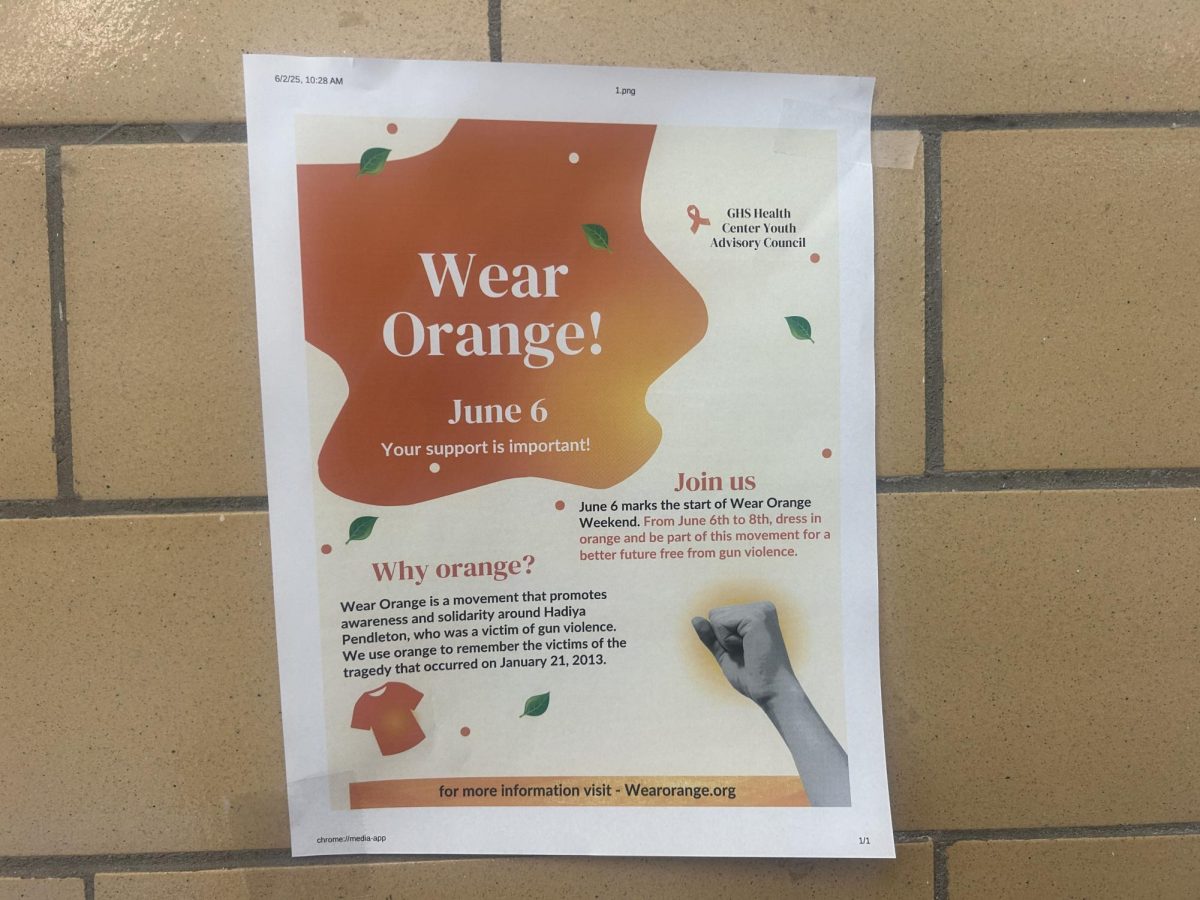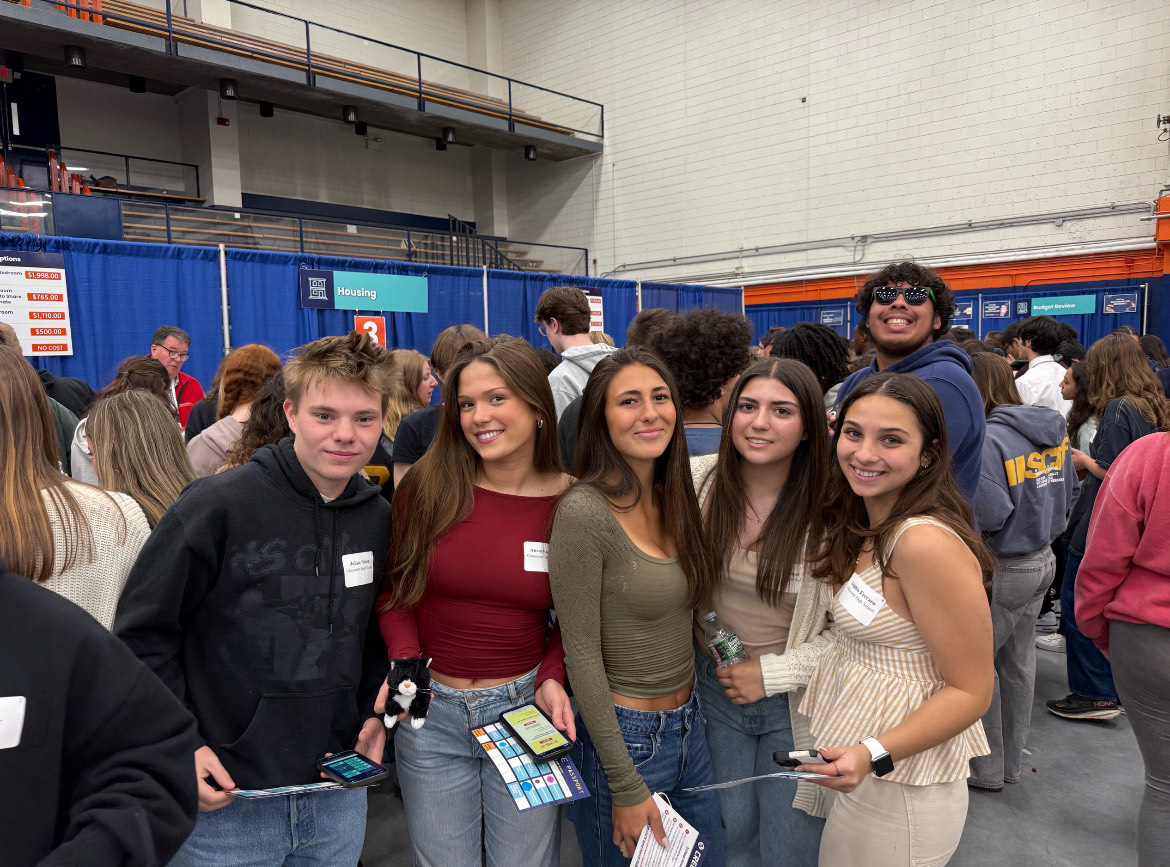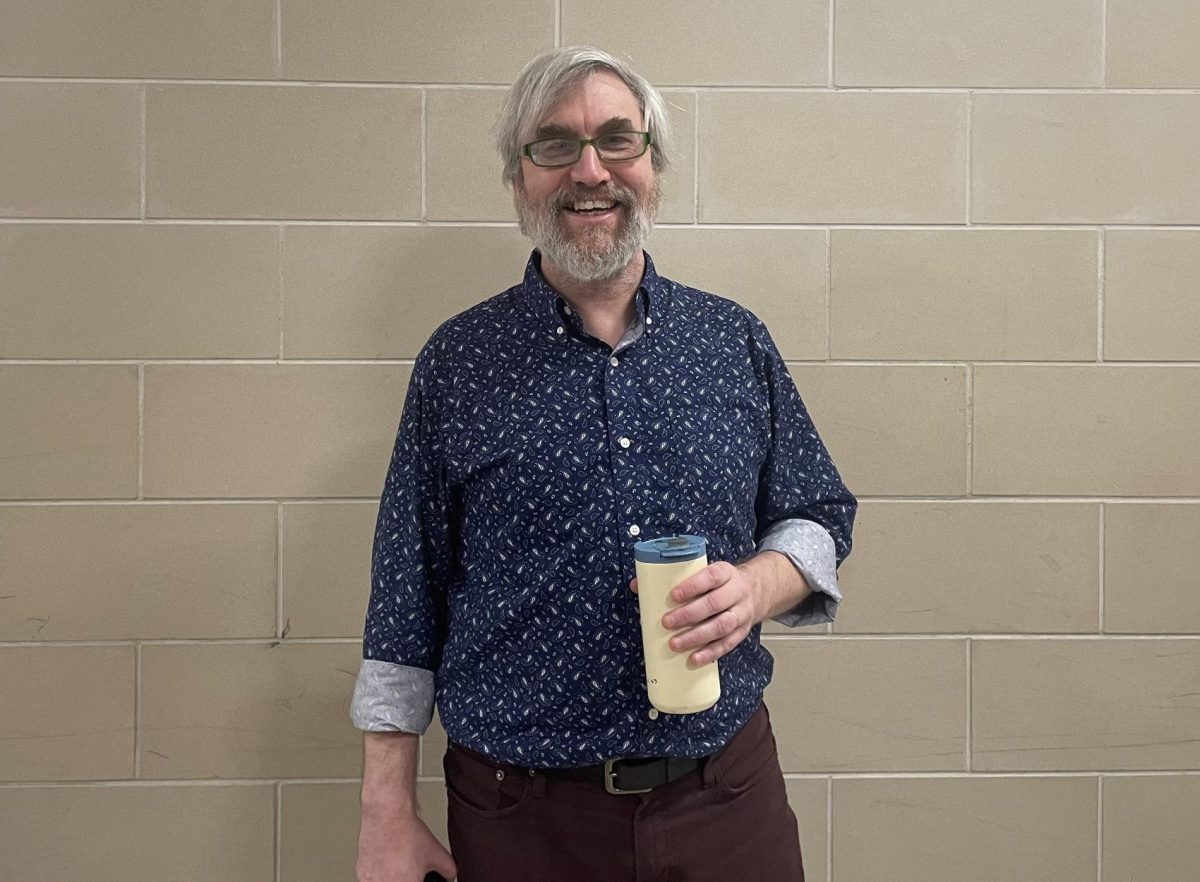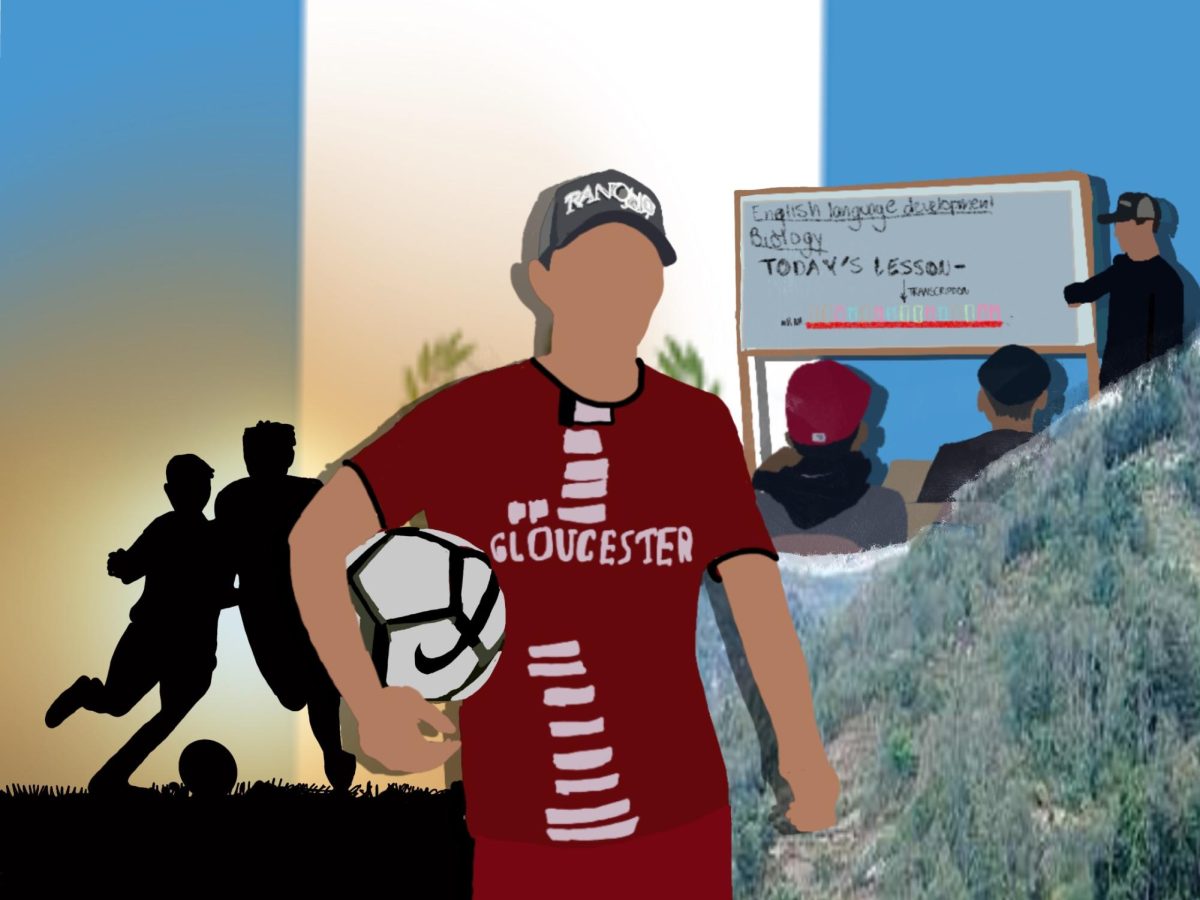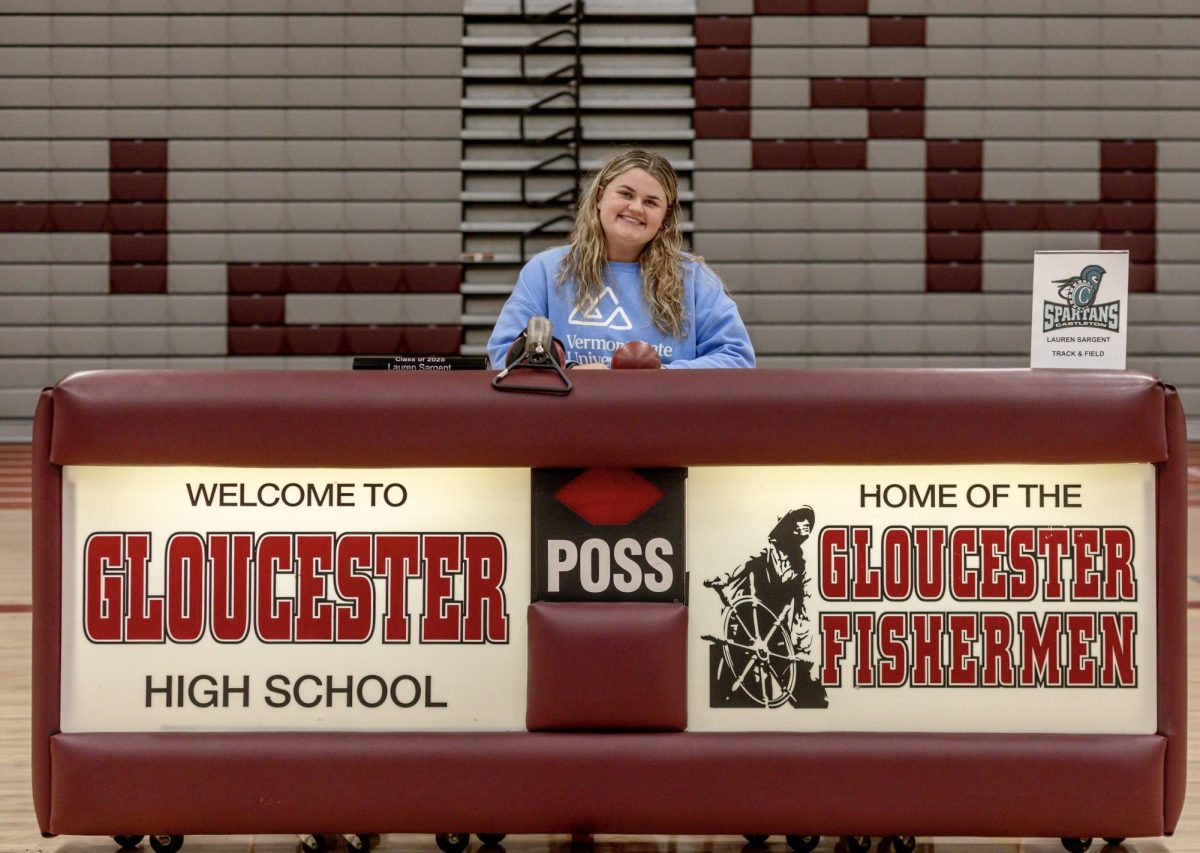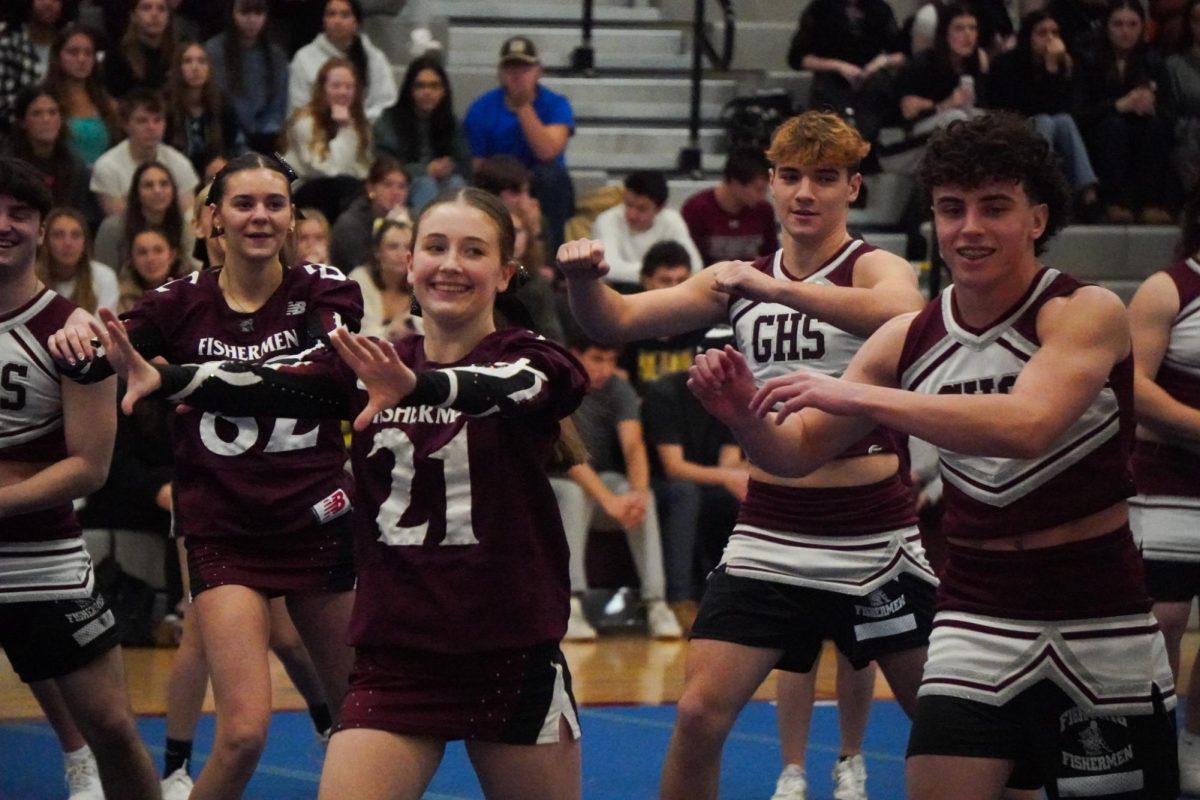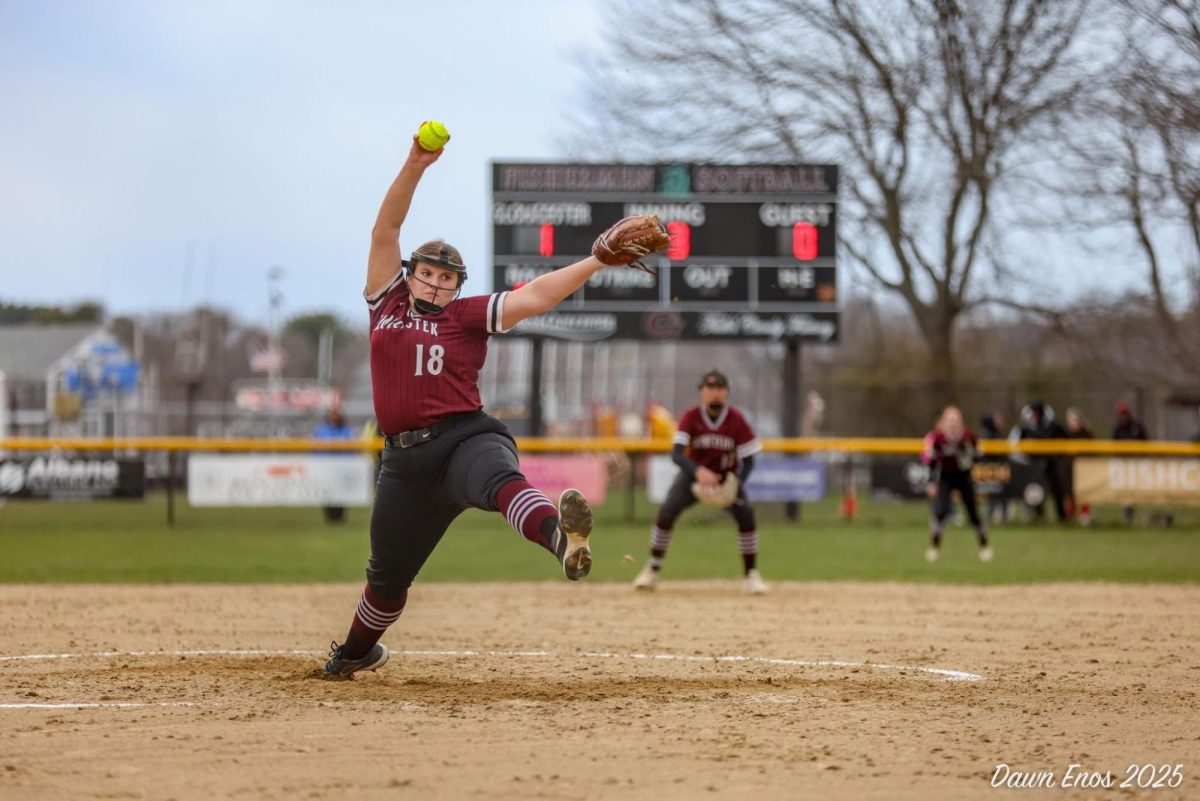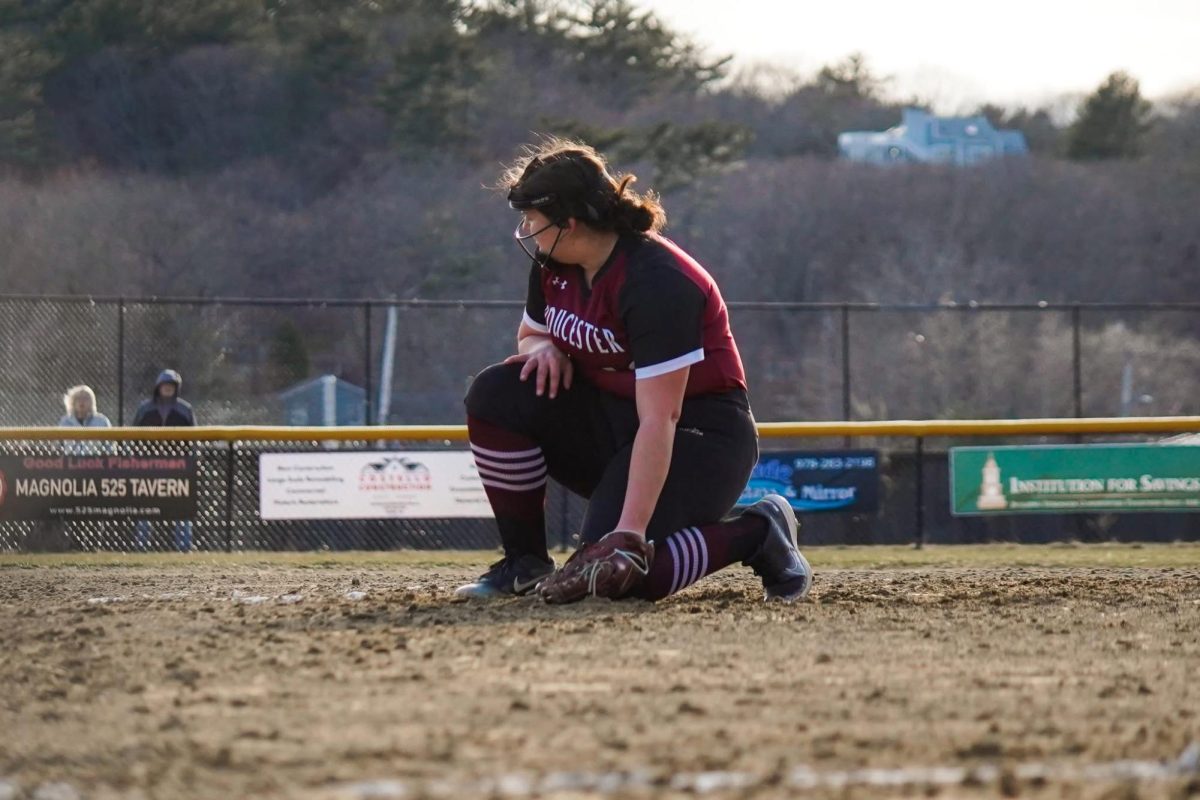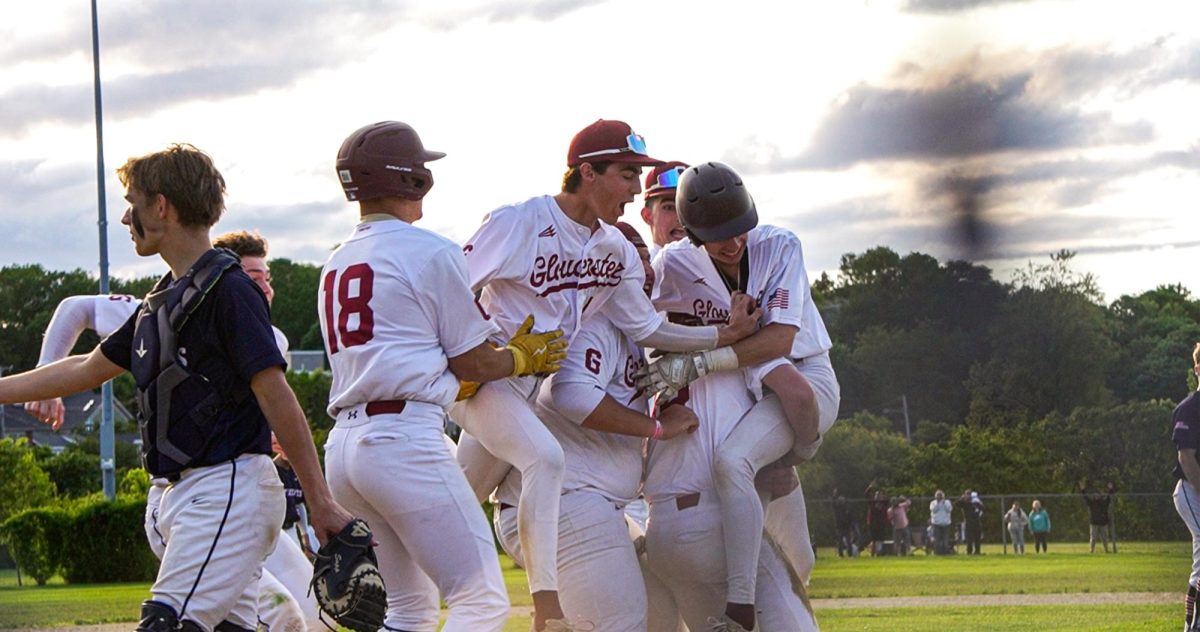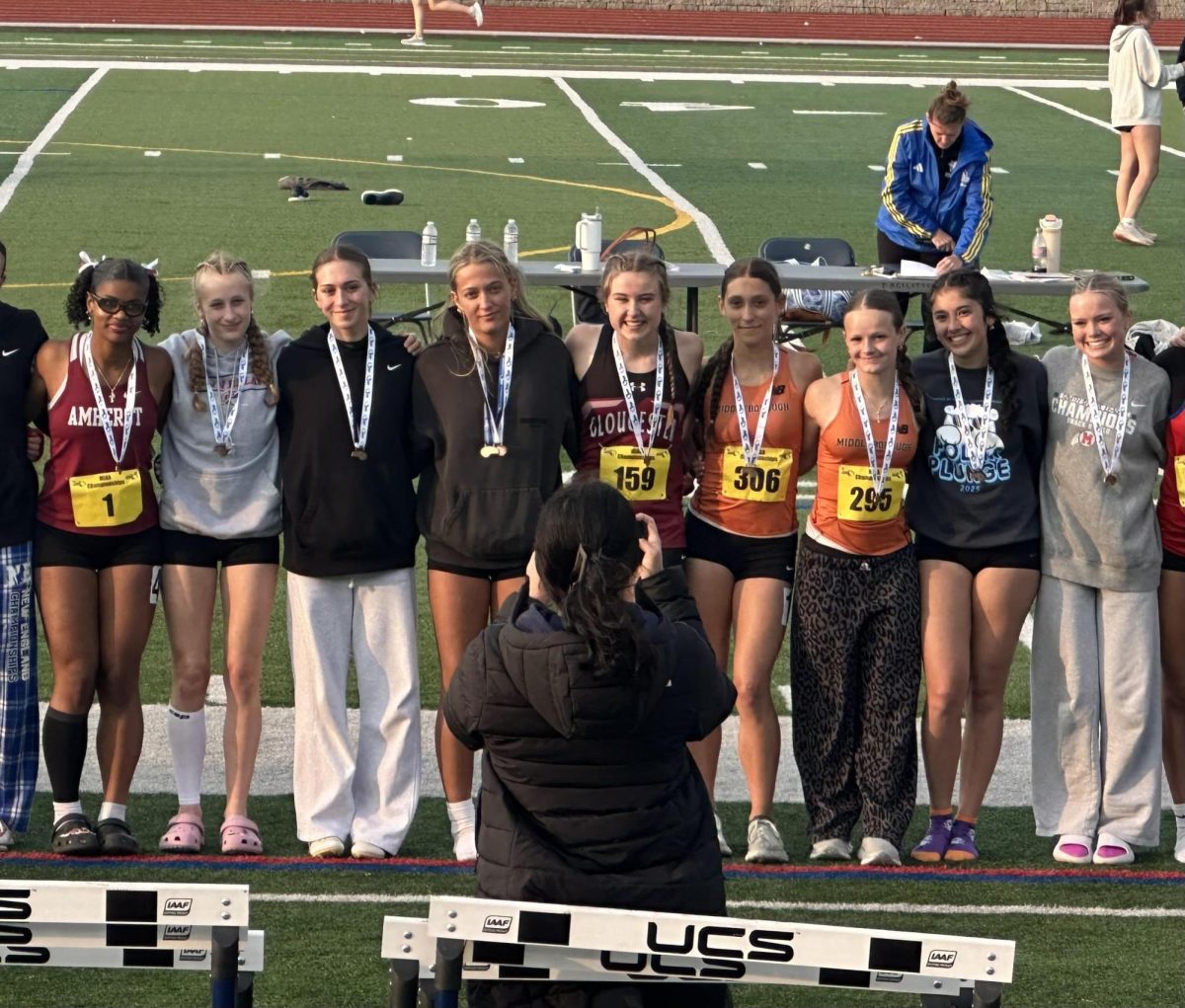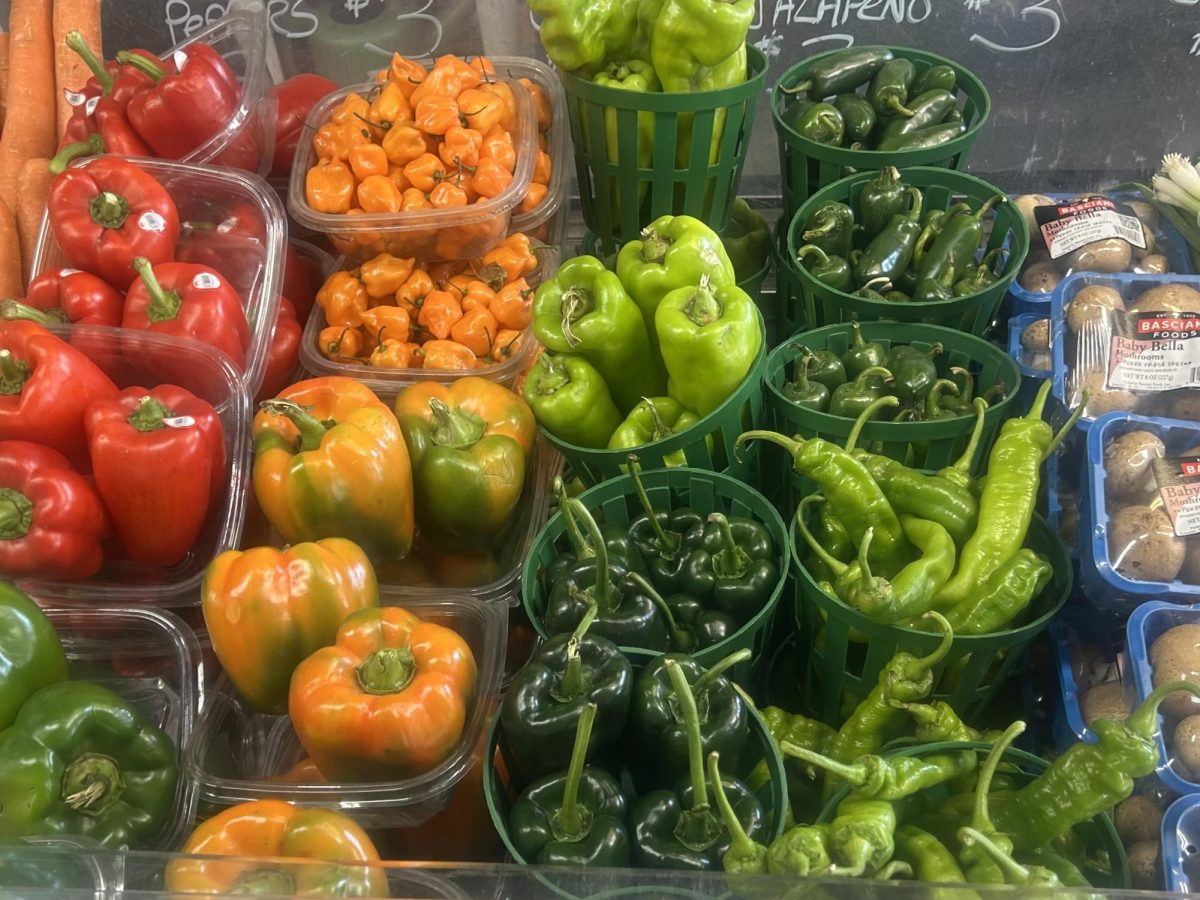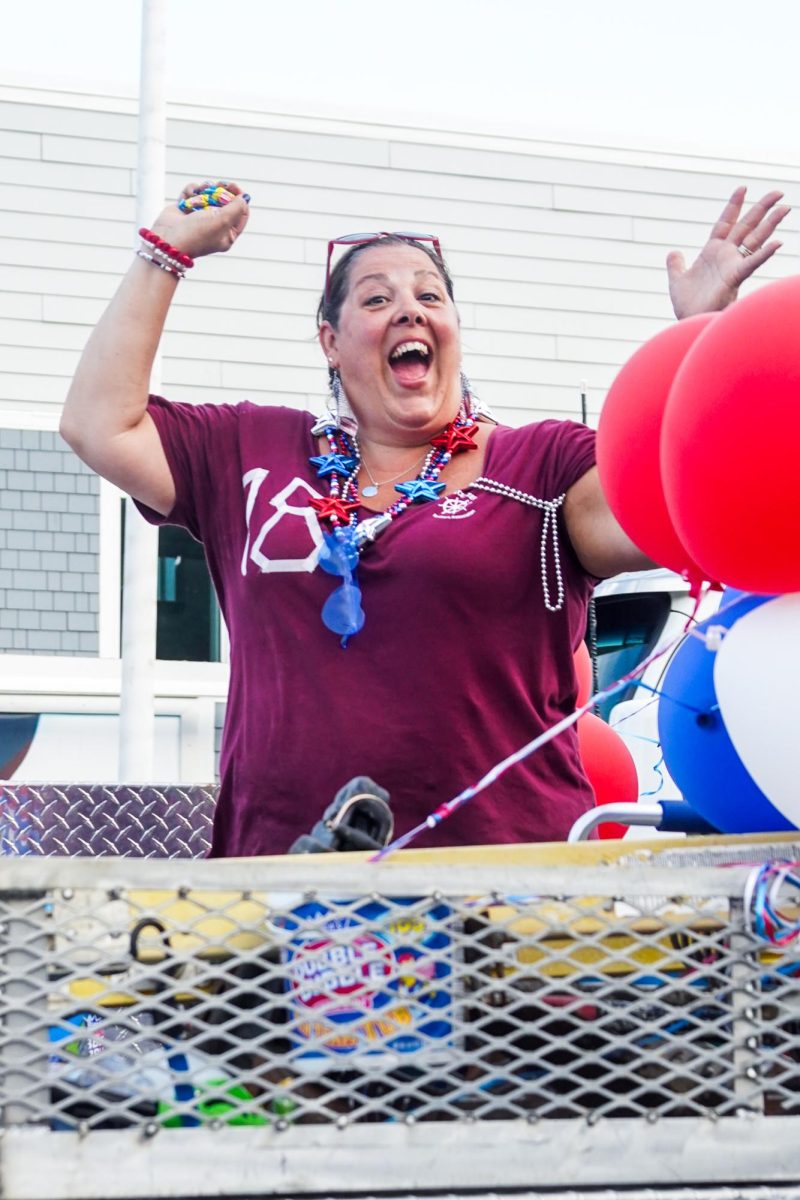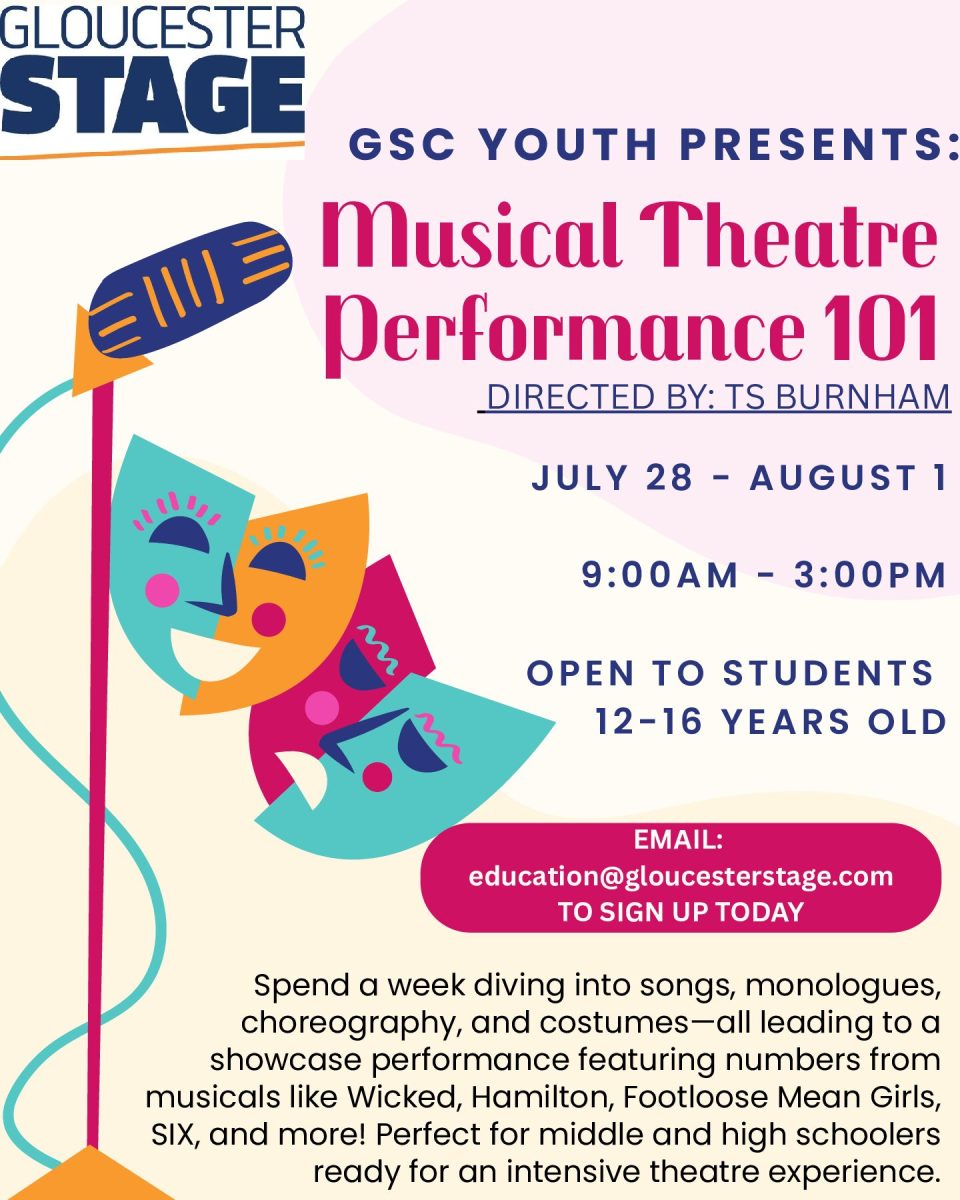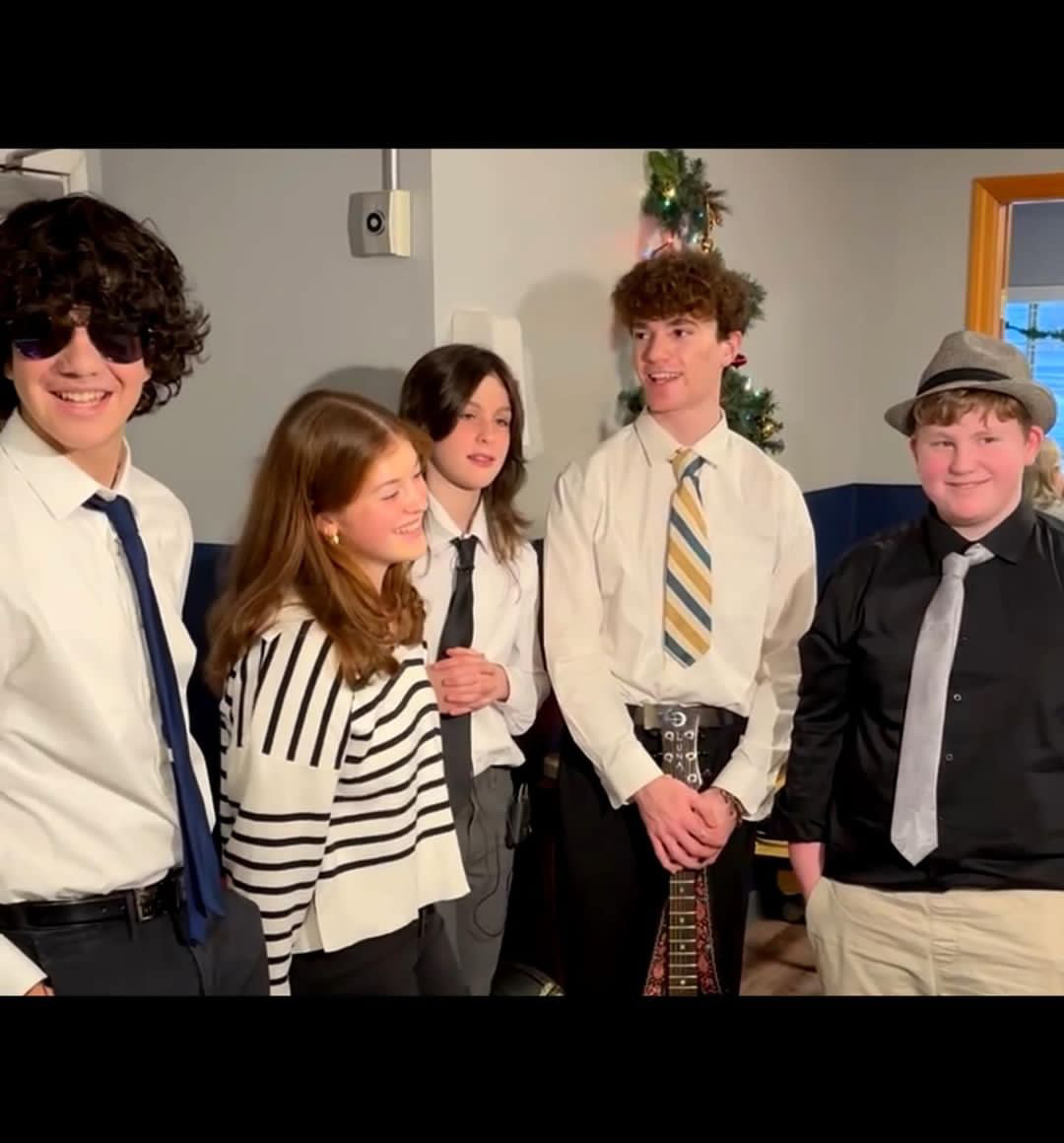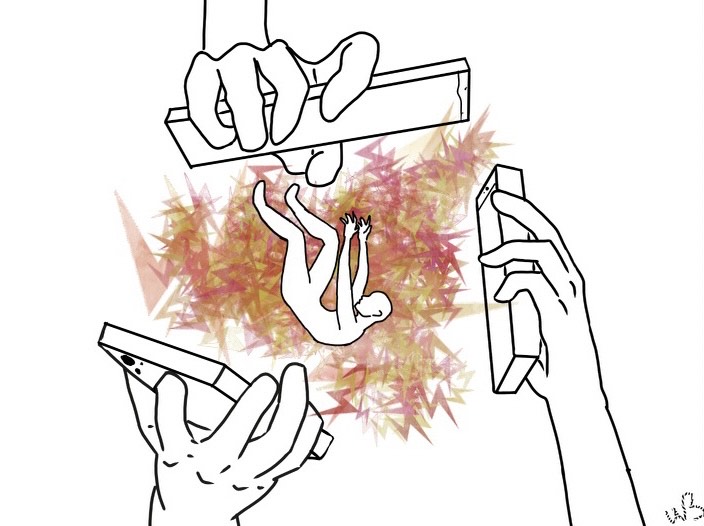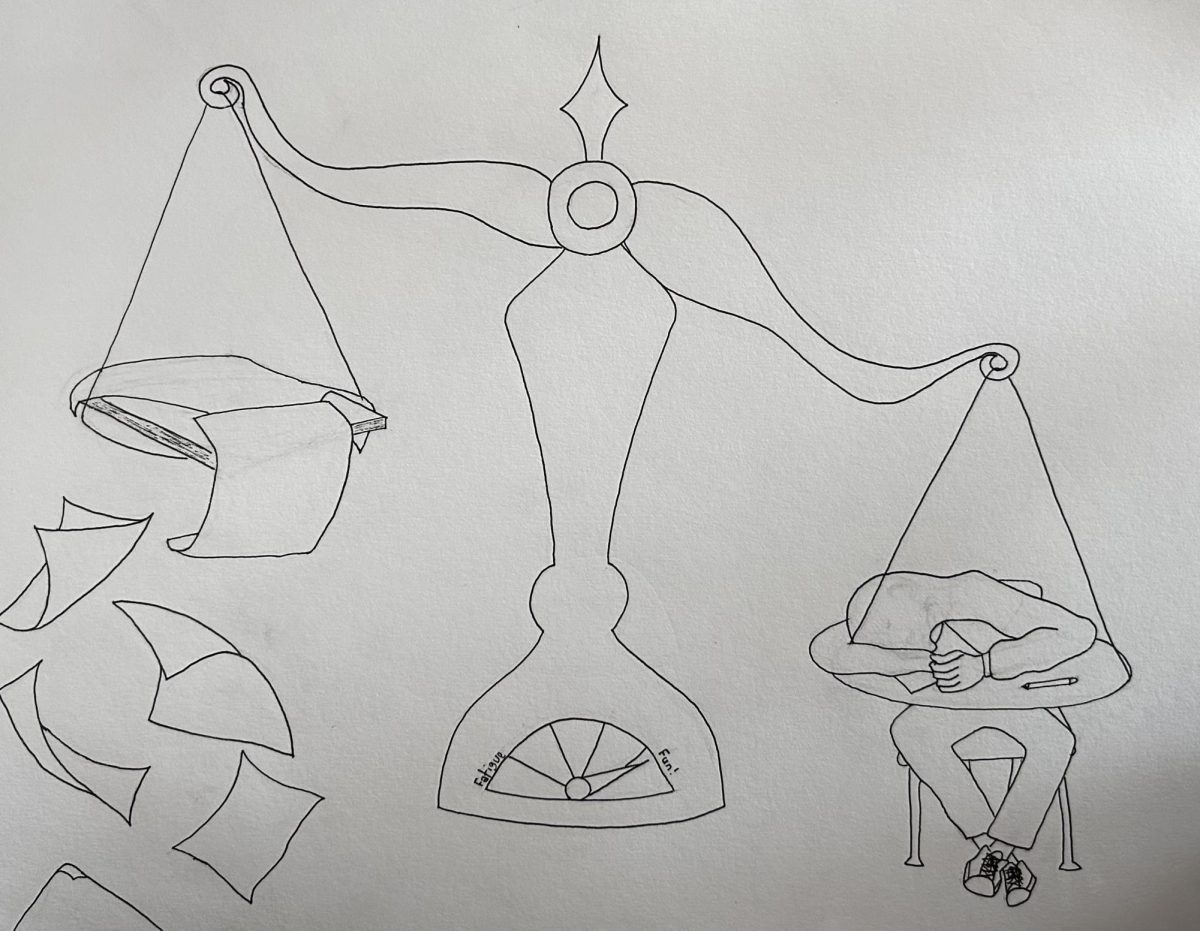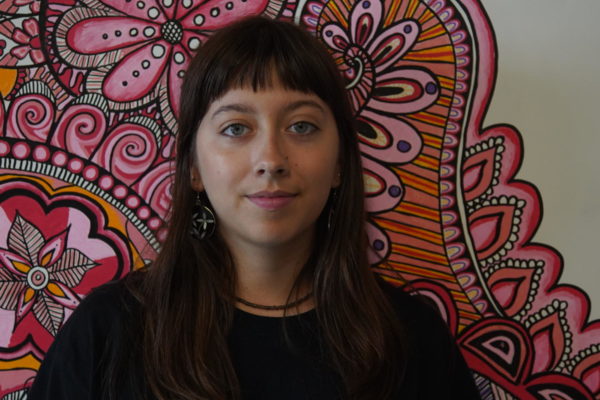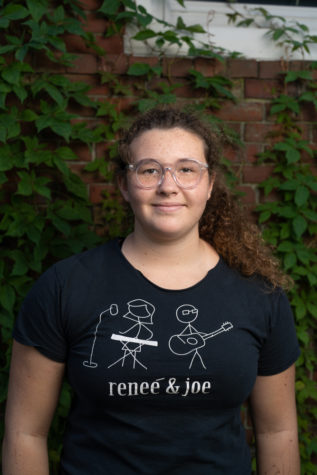Presently, most Americans are aware of the conflict happening in Israel-Palestine. However, due to the complicated nature of the issue, many are unclear as to what’s going on, or who to side with, or why these attacks are happening. As always, celebrity musicians, actors, and creatives are being called on to take a stance. The question is, should they?
In the past few weeks, Justin Bieber came under fire for posting a picture of a wrecked city with the text “Praying for Israel”. The problem? The image he posted was a picture of Gaza. Jamie Lee Curtis posted a picture of fleeing children to her Instagram account, voicing her concern for the Israeli people. The problem? The children were Palestinian children.
Celebrities have also been criticized for painting an inaccurate picture of the movement. These critics, often political activists and scholars, have called out public figures for oversimplifying the issue, neglecting to highlight the devastation the Palestinians have faced in this conflict, and taking the issue out of its historical context. Critics point out that this conflict isn’t a black-and-white issue—it is and always has been complicated.
The internet allows us to connect with celebrities on a level that has never previously been possible. We are constantly flooded with their images, their content, and their opinions. It’s more than likely that you follow at least one celebrity on one platform or another. In politically tumultuous times like these, the argument is made that celebrities should use the massive platform they have to spread awareness about important issues.
That seems like a good idea, until you consider the platforms on which celebrities would in theory be raising awareness on. Most celebrities use Instagram as their main medium for spreading their message, an app which favors graphics and images over long paragraphs of text. This means that political issues are often distilled into easily digestible tidbits for viewers, with no clear citation or source.
We often make the mistake of conflating expertise and prominence. Tom Brady does not have a degree in a field like international relations, nor has he lived in either of these regions, nor does he have a history of substantive political activism. So, why do we care what he thinks about Israel-Palestine?
So, should celebrities stop posting about social issues altogether? No. Celebrities are independent people, and whether or not we’d like them to, we have no control over what public figures post. But we as a public cannot allow ourselves to form our own opinions based on Instagram stories from people who, in all likelihood, are not experts on an issue. We need to start focusing on following experts, on listening to the voices of the people in the midst of the actual crisis, on taking the time to learn about important issues. We need to recognize that issues get simplified on social media, and be hyper-aware of that fact when we’re reacting to what celebrities post.
The responsibility celebrities have to the public is to entertain. Their fame does not and should not lend them credibility when it comes to politics. Some celebrities may have extensive prior knowledge of an issue that makes them specially qualified to speak on it. But that is certainly not the majority. We cannot expect celebrities to fill a role that should be filled by activists, academics, and the people who are living the crisis itself.
It’s easy to make these conflicts seem simple. The 9/11 terrorist attacks are coloring the American perspective on the Israel-Palestine issue – a Muslim extremist group attacks a world power, causing a massive conflict between two groups. But we cannot allow our instinct to make things simple take over and narrow our perspective.
The Israel-Palestine conflict is complicated, and requires vast amounts of research to untangle all the variables. The internet, in all its virtues and pitfalls, has a habit of incentivizing simplicity. Posts that are short, easy to grasp, and eye-catching are the ones that get pushed by algorithms. It’s easy to look at celebrities and their Instagram stories and decide where we stand on an issue off of snappy graphics and catchy taglines.
Resist that urge. Learn, and learn slowly. Trying to understand an issue like this one with half an hour’s worth of research leads to the very same simplification we are seeing on the Instagram stories of musicians and actors.
Americans have a responsibility to understand issues like the Israel-Palestine conflict. Many of us are fortunate enough to have the time and resources to educate ourselves. We as a country and global power have had a role in countless political issues, both domestic and abroad. It is our responsibility to become better informed about these conflicts, and not allow nuance to be lost in the online frenzy.


